August 1, 2025 | 20:26 GMT +7
August 1, 2025 | 20:26 GMT +7
Hotline: 0913.378.918
August 1, 2025 | 20:26 GMT +7
Hotline: 0913.378.918
Despite facing a fertiliser shortage, Indonesia said it is not curbing exports or shifting production to meet domestic needs.
Instead, the government is encouraging farmers to use natural fertilisers made from animal waste.
Farmers rely on fertilisers to ensure healthy produce, by supplying the right balance of nutrients to the soil.
The country's biggest urea fertiliser producer Pupuk Kalimantan Timur said it is not scaling back on exports as it has a moral responsibility to ensure food security in the broader Southeast Asian region.
Pupuk Kalimantan Timur manufactures nearly 6.5 million tonnes of fertiliser annually, and half of it is for the export market.
It produces 3.5 million tonnes yearly for its domestic market and imports another 6.3 million tonnes, but the total is still not enough to meet its annual needs of 13 million tonnes.
The firm’s president director Rahmad Pribadi told CNA: "Ensuring food security in Indonesia also means ensuring food security in the region. We can no longer see food security only in terms of domestic needs for Indonesia. Clearly, we have a moral responsibility to ensure food security in the region.”
He said this is especially so, as the company is the biggest producer of urea in Southeast Asia.
Urea is manufactured by combining ammonia and carbon dioxide in a chamber at about 200 degrees Celsius.
The compound is later evaporated, and the crystals melted to produce urea as prills or granules.
Pupuk Kalimantan Timur’s complex in Bontang city in East Kalimantan province is Indonesia's largest fertiliser manufacturing facility, with 13 factories spanning over 400 hectares producing non-organic fertilisers such as urea.
Farmers apply fertilisers to their land by first loosening the soil with an aerator, which encourages the flow of air, water and vital nutrients.
They are now trying to reduce reliance on chemical fertilisers and, instead, produce their own organic fertilisers from animal manure.
Farmer Waryana from the town of Indramayu in West Java told CNA there are many benefits to using organic fertilisers.
“There is so much waste here, so I'm attracted to try and change the mindset of farmers who continue to use chemical fertilisers,” he said.
“If I use organic fertilisers, the raw materials are all here, so it helps cut expenses."
The government is also using subsidies to encourage farmers to use organic fertilisers.
Indonesian Agriculture Minister Syahrul Yasin Limpo said: "Results from various research have shown that 2 per cent of 7 million hectares of land have experienced a degradation in quality, especially in Java.
“To restore the fertility (of the soil), one of the ways is through organic fertilisers. Like it or not, we have to use it."
However, experts told CNA the transition from non-organic to organic fertilisers is fraught with challenges.
The People's National Coalition for Food Security coordinator Ayib Said Abdullah said: “If there is a transition from chemical to organic fertiliser, then what about the economic transition of the (chemical) fertiliser industry? Can it transform itself without losing its revenue?
“That is a logical choice which must be taken if we really want to be a country with sufficient food security."
Industry players and farmers are both working together, as demand for fertilisers, whether chemical or organic, is expected to remain high moving forward.
(CNA)
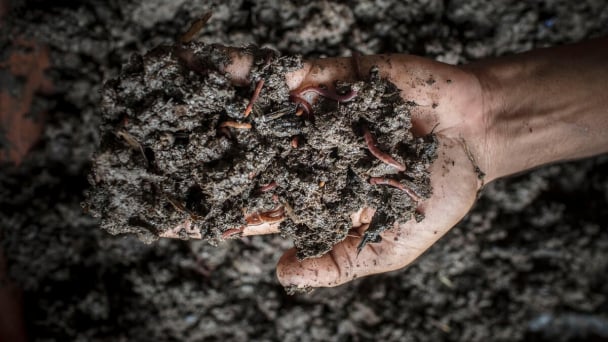
(VAN) FAO-led publication outlines structure and highlights agenda including new harmonized indicators and capacity building accessible to all.
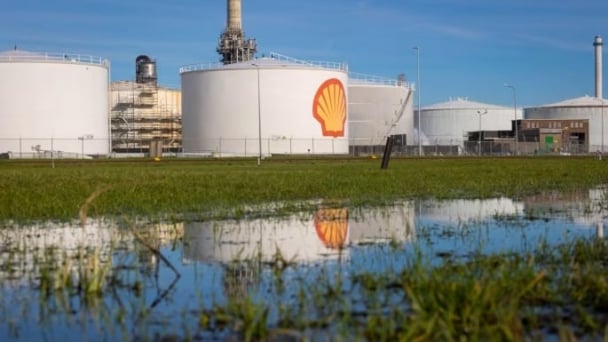
(VAN) Energy group experts left after draft guidance on global warming plans ‘did not reflect the industry view’.
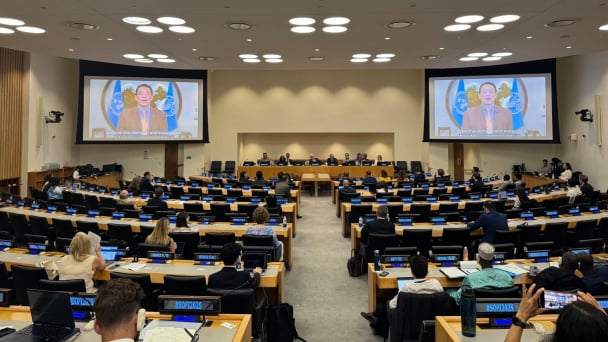
(VAN) Special Event in New York explores the causes, consequences and solutions to the 2021-2023 food price inflation.
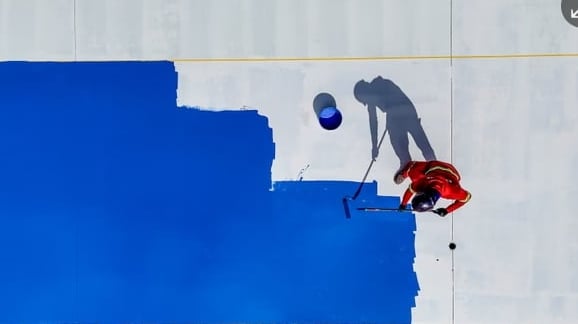
(VAN) Ahead of Cop30, the Guardian will profile each of the top 10 emitters and their plans – good or bad – to tackle emissions.
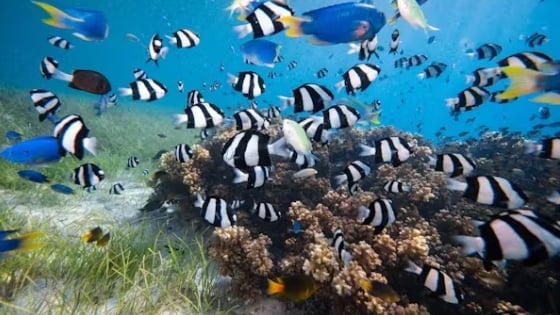
(VAN) Scientists have detected pesticides in rivers, lakes and oceans worldwide. So what are these pesticides doing to the fish?
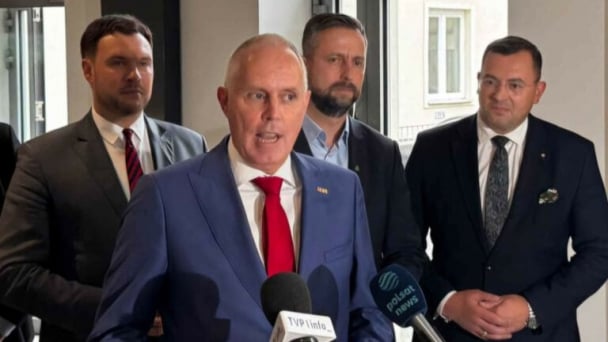
(VAN) Farmers’ organisations from across the European Union feel that the EU is undermining farmers throughout the Union and call for reason.
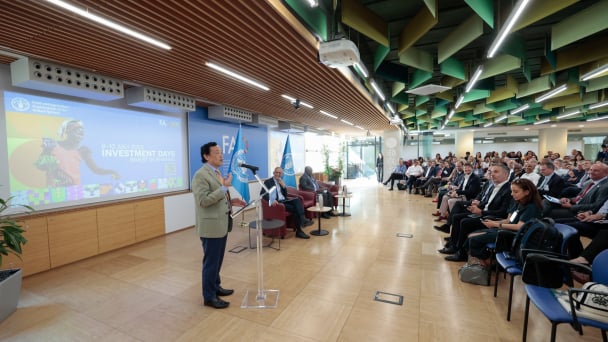
(VAN) Director-General urges bigger and deeper thinking to address youth employment challenge.